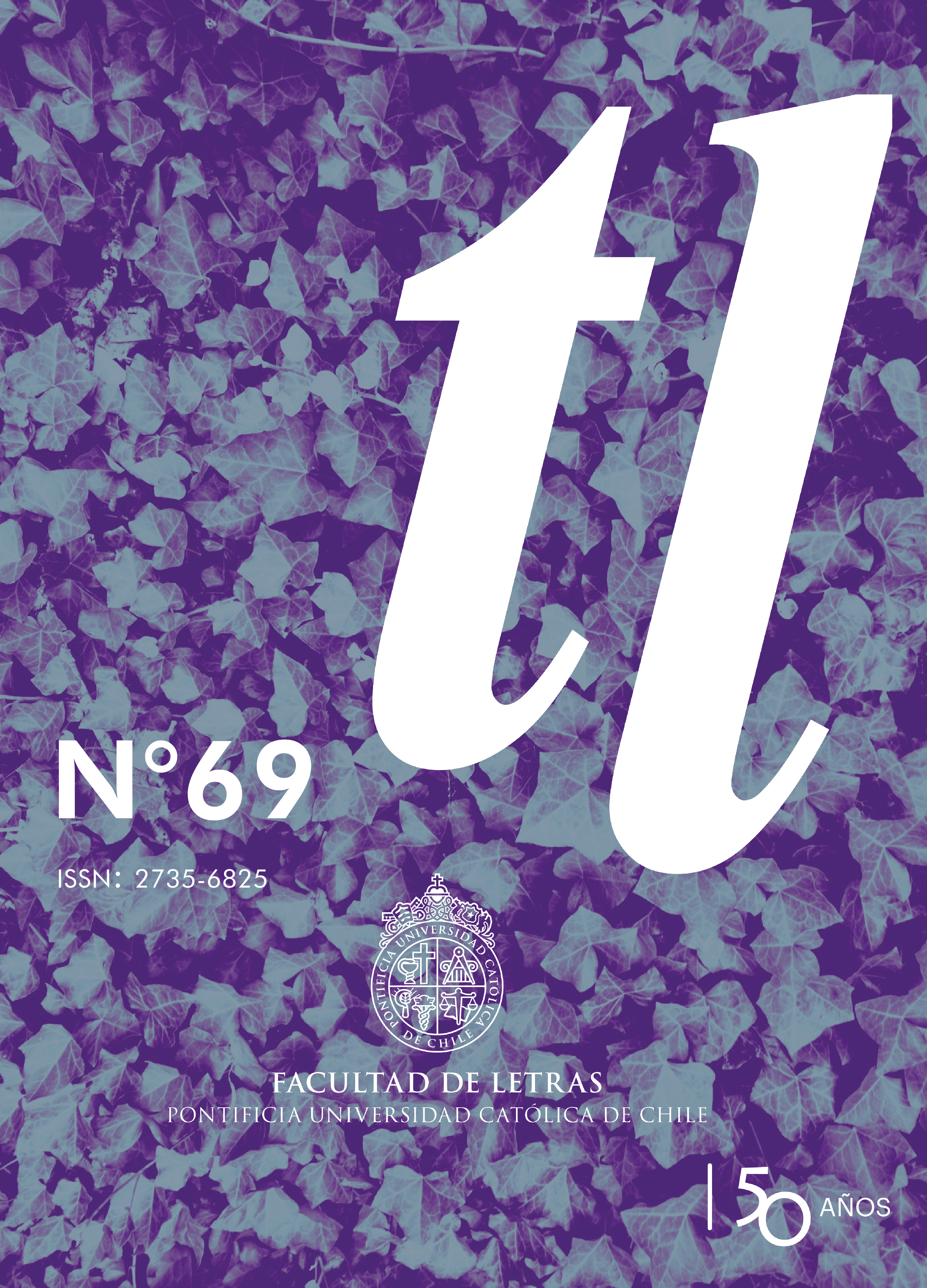The experience of abandonment in novels by João Gilberto Noll, Chico Buarque and Michel Laub
Main Article Content
Abstract
This article presents a reading of literary texts from the perspective of theories of affect. An analysis of three contemporary Brazilian novels —Bandoleiros (1985) by Joao Gilberto Noll, Estorvo (1991) by Chico Buarque, and Longe da água (2004) by Michel Laub— provides the basis of an exploration of the political and performative dimensions of abandonment as an affect. The analysis focuses on the social opportunities and restrictiveness of abandonment in relation to two core themes that illustrate the initiation of the process and the uncertainty involved: crisis and the deterioration of social ties in Bandoleiros and Longe da água, and the breakdown of language and communication in Estorvo. In both cases, the violent procedural dynamic of abandonment is marked by the decomposition of the protagonists’ subjectivities, a process which reaches breaking point and leads to a reconfiguration of singularities and the emergence of new forms of the ordinary.

